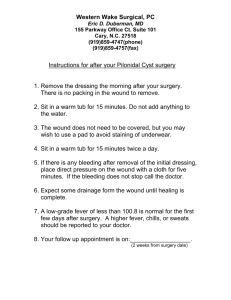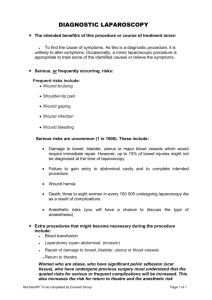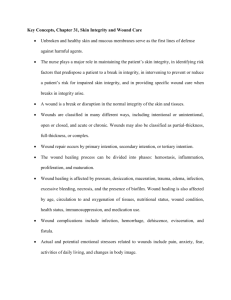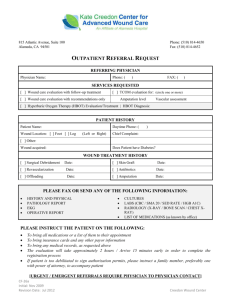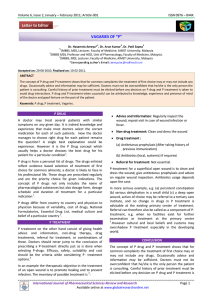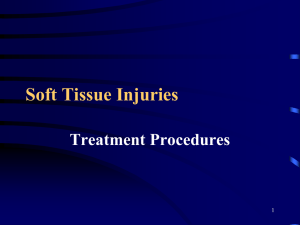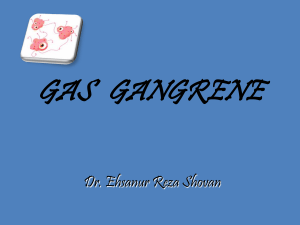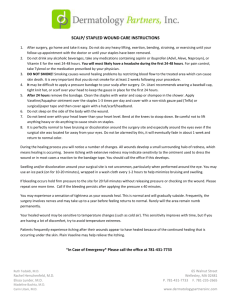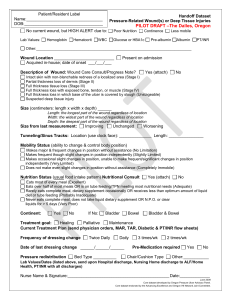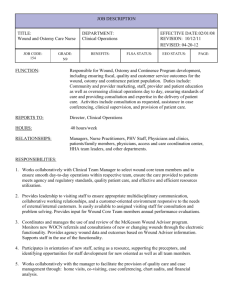HEAD INJURY CARE
advertisement
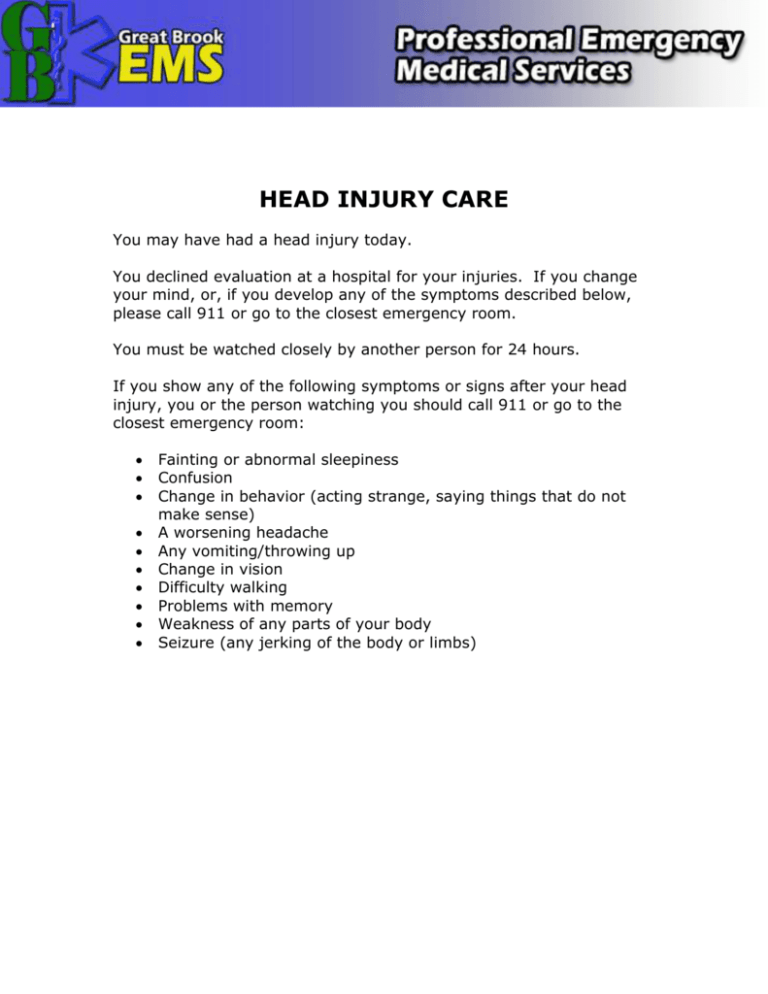
HEAD INJURY CARE You may have had a head injury today. You declined evaluation at a hospital for your injuries. If you change your mind, or, if you develop any of the symptoms described below, please call 911 or go to the closest emergency room. You must be watched closely by another person for 24 hours. If you show any of the following symptoms or signs after your head injury, you or the person watching you should call 911 or go to the closest emergency room: Fainting or abnormal sleepiness Confusion Change in behavior (acting strange, saying things that do not make sense) A worsening headache Any vomiting/throwing up Change in vision Difficulty walking Problems with memory Weakness of any parts of your body Seizure (any jerking of the body or limbs) CERVICAL STRAINS (aka WIPLASH) Neck pain is usually caused by strained muscles or ligaments. The pain and stiffness will probably increase during the first 24 hours after the injury. Rest as much as possible. Increase your activity slowly when you start to feel better. Apply cold packs or heat, whichever you find more comfortable, off and on throughout the day. Be careful not to freeze or burn your skin. Do not put ice directly on your skin. Instead, place it in a plastic bag and wrap it in a towel. If you use a heating pad, keep it on low. You should not drive until you neck is better. Call your doctor immediately if any problems develop, including the following: Your pain gets worse Your pain is not getting better after 2 days You develop pain, numbness, tingling or weakness in your arms, hands, or legs You lose control of your bowels or urine Trouble walking Anything else that concerns or worries you ABDOMINAL PAIN (BELLY OR STOMACH PAIN) Many illnesses can cause abdominal pain. Follow-up with your doctor as further evaluation is needed to find the exact cause of your pain. You should follow-up even if you are feeling better. Rest in bed until you feel better. Take your temperature every four (4) hours. As long as you still have pain, you may not want to eat any solid foods or drink large amounts of fluids. If you get thirsty, you may take small sips of fluids or eat ice chips. The following can be signs of serious diseases that need immediate medical care. Go to an emergency department immediately if you have any of the following symptoms or other concerning changes: Your pain gets worse, persists, or is now only in one area You vomit blood You are dizzy or faint Your abdomen becomes swollen You have a temperature over 100.4 You have trouble passing urine or your urine has blood in it WOUND CARE To heal properly and prevent complications, your wound(s) will require ongoing care at home by you. If you receive stitches or staples, do not wash or wet the wound. It should remain dry for the first 24 to 48 hours. Wounds should be gently washed under running tap water with a small amount of soap. Do not scrub the wounds. If you have remaining dirt or debris, or a wound becomes dirty, gently rub under running water if necessary to remove all dirt. After washing, carefully pat dry with a clean towel and allow to thoroughly air dry before covering again with a new bandage. Showers are also good for cleaning wounds. Avoid baths, soaking and swimming until your wound is completely healed. Call your doctor immediately if you develop signs of a wound infection. Signs to watch for are: Growing area of redness around the wound or a red line away from the wound Swelling Increased pain Warmth to the touch Pus draining from the wound Fever or shaking chills If adhesive fails and wound opens

